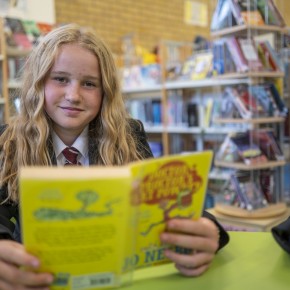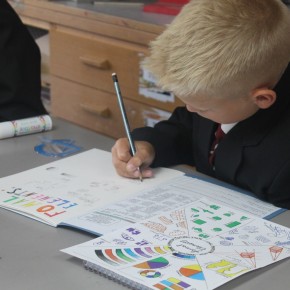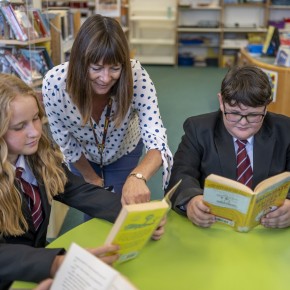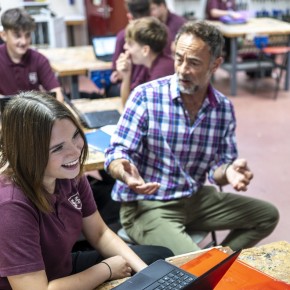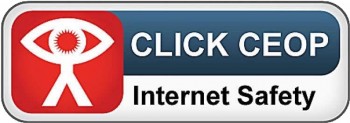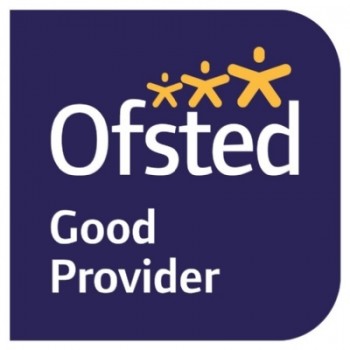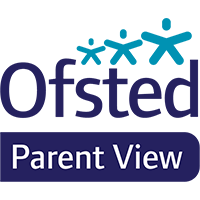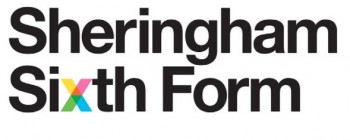Our Key Stage 3 History curriculum aims to provide a broad and balanced sweep through history from 1000 to the modern day.
Year 7
Under the theme Living and Believing, Year 7 students explore what mattered to Medieval people, comparing life experiences in England, Mali and Baghdad. They consider the explosion of new ideas in the European Renaissance in religion, science and art, and evaluate the impact of the Industrial Revolution on ordinary people: did it really change lives for the better (and are we always making progress)? Students trace the development of key ideas in the 20th century, in gender, race and class, including Women’s Suffrage and the British Civil Rights Movement, and analyse the nature and extent of attitudinal change today.
Year 8
Focusing on Power and Protest, students will undertake a depth-study of the causes and consequences of the Battle of Hastings in 1066, and compare the changing nature of political power in the English Civil War with the Ming Dynasty in China, and through a study of the French Revolution.
Students in Year 8 also study the key question of ‘Who Benefitted from the British Empire?’ tracing the origins of Empire from the 16th century and the growing Slave Trade. They explore the impact of terrorism in the 20th century world and its impact on Northern Ireland and the Middle East,
Year 9
Through the Conflict and Co-operation module, the reasons why historians disagree about Medieval conflicts is considered, along with an investigation of the experiences of Black Americans from the 16th century to the modern day. Students also study the causes of World War One, the rise of new ideologies and the impact of the Second World War in Europe, including Hitler’s rise to power, the Holocaust and the Cold War.
Throughout Key Stage 3 particular focus is given to the changing role of women in history. We study important game-changers like Elizabeth I, Elizabeth Fry and the Pankhursts, as well as lesser-known but significant individuals like Caroline Norton and Millicent Fawcett and the lives of ordinary women experiencing change over this thousand years.
Historical skills
Woven into all our History lessons at Sheringham are key Historical skills: explaining cause and consequence, change and continuity and significance; analysing sources; and evaluating interpretations.
Using these skills, students are encouraged to argue their case, ask questions, weigh up evidence, challenge viewpoints and reach a judgement.
In History students improve their literacy skills through extensive reading and research, developing a wide vocabulary and using a ‘Point Example Analysis’ paragraph structure in their written work. We also make valuable cross-curricular links to many other subjects, including Philosophy and Ethics and Geography.
